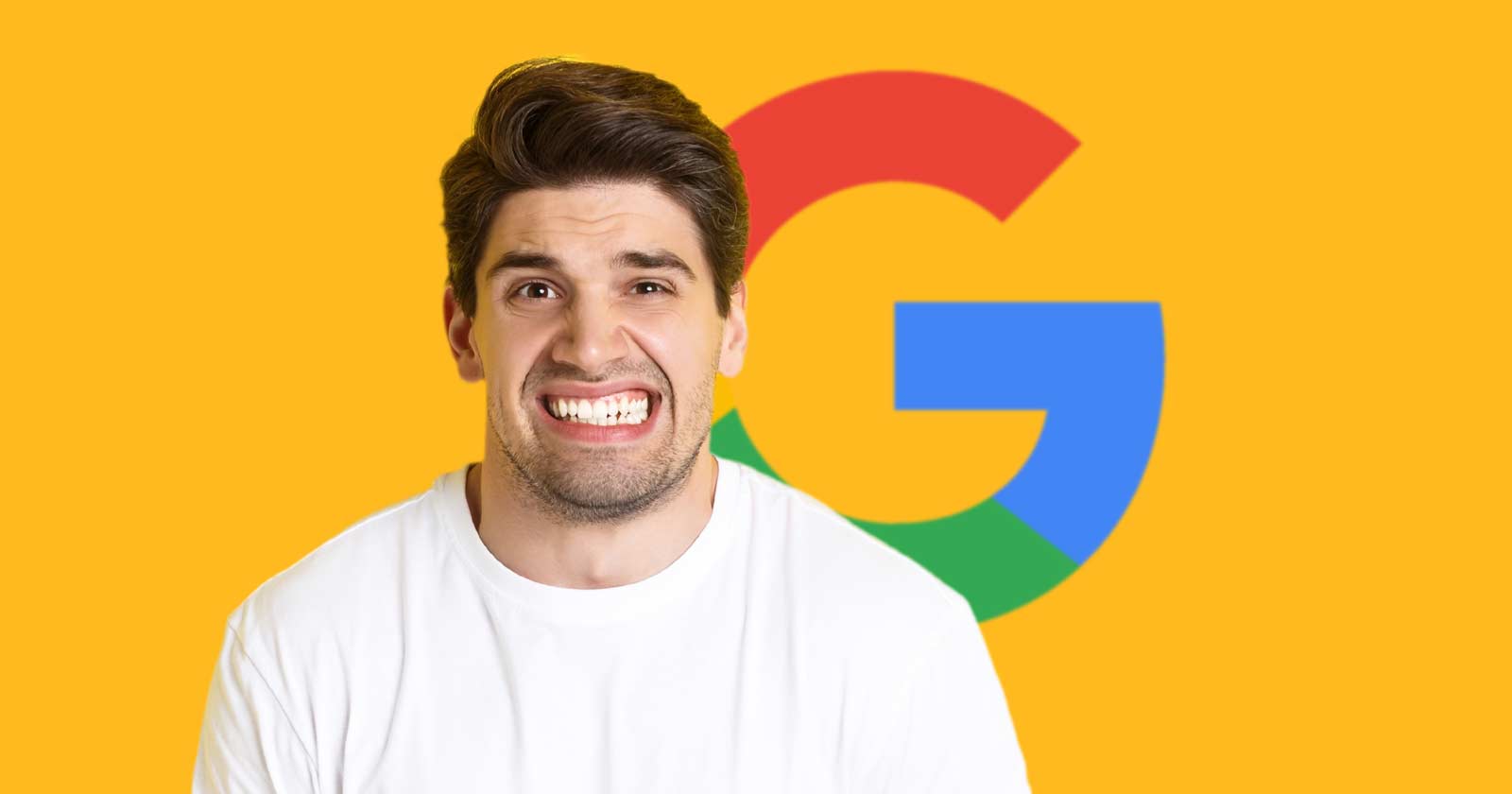Google’s SearchLiaison responded to criticism over how they refer to website publishers with an answer that reflects not just changing times but also the practical reasons for doing so. The answer reflects how important it is for digital marketing to maintain the flexibility to bend with change.
Change: There Isn’t Always A Motivation
The discussion began with a tweet by someone who objected to the use of the phrase “creators” instead of other terms like businesses or publishers because the word creators minimizes the fact that there are businesses behind the websites.
This is the tweet:
“Notice the term “creators” in this piece. This is an example of Google’s successful effort to change the narrative. In the past they have used “publishers”, “businesses”, and just “web sites”. But “creators” minimizes business impact. And clearly some are falling for the trap.”
Notice the term “creators” in this piece. This is an example of Google’s successful effort to change the narrative. In the past they have used “publishers”, “businesses”, and just “web sites”. But “creators” minimizes business impact. And clearly some are falling for the trap. https://t.co/KB2fIe34HV
— Joe Hall ☕️ (@joehall) July 12, 2024
Keeping Up With The Pace Of Change
SearchLiaison’s response reflected something that is commonly misunderstood, which is that everything changes, including fashion, customs, norms and even speech. Those who lack self-awareness on this point will blink and miss it when the page turns on their generation and another one steps forward to take take their place at the center of the world.
This is especially true for SEO, where Google typically is a brand new search engine every five years.
This is SearchLiaison’s answer:
“We used to say “webmasters” in the past, and that doesn’t really speak to so many people who have an interest in appearing in search results. That’s in part why we have tended to say “creators” more — though not exclusively — for years now. It’s not a particularly new thing. It’s also why Search Central got its new name in 2020, the whole “webmasters” isn’t really that inclusive (or used) term: https://developers.google.com/search/blog/2020/11/goodbye-google-webmasters
“Publishers” tends to be heard by and used by those involved in news publishing. Businesses often just think of themselves as businesses. SEOs tend to be SEOs, and if you use that term, you exclude those who don’t think of SEOs but want to understand some of the things we share.
So “creators” tends to be the catch-all term we used, as imperfect as it is, because sometime you really need one term rather than “Here’s what creators and SEO and businesses and brands and news publishers and etc etc should know about something….”
All that said, I am seeing more of a need to use creators as less a catch-all and more to refer to people like Brandon who really do view themselves as content creators first-and-foremost. The work they do can be much different than an SEO, or a content marketer, or a local business and so on.”
And in a follow up he continued:
“We do say web sites when talking about web sites. But “web sites” isn’t a term that’s workable when addressing the people who are involved with web sites and have questions about their content appearing in search results.”
Ephemeral Quality Of Digital Marketing
It’s not just Google that changes, people change as well. Demand for certain products peak and then disappear. Ringtones used to be the hot affiliate product and then it was not. Technology drives change as well, as we’re currently seeing with AI.
Google’s choice of the word creators is a small marker of change. You can roll with it or simply roll your own.
Featured Image by Shutterstock/Mix and Match Studio
